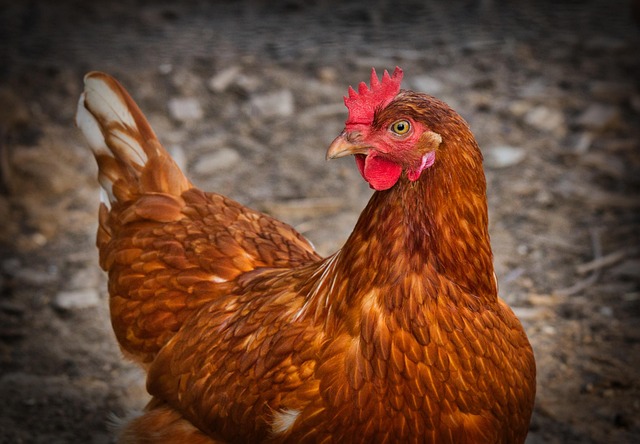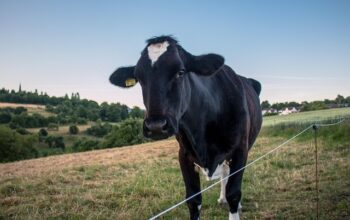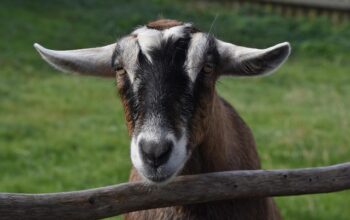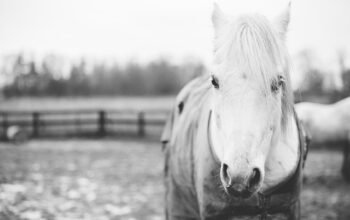Farmers in Ontario, Canada, need to follow provincial guidelines for farm fences, focusing on durability, safety, and environmental considerations. The choice of materials like wood, metal, or natural flora options depends on local climate, livestock, and aesthetic preferences while ensuring compliance with Fence for Farms ON regulations.
Ontario farmers, it’s time to enhance your agricultural space! In this guide, we explore the best farm fences tailored to Ontario’s unique landscape. From navigating regulatory requirements to selecting materials, discover seven top recommendations designed with durability and aesthetics in mind. Whether you prefer natural, eco-friendly options or robust traditional choices, these fences will secure your land while complementing its beauty. Implement the perfect barrier for your farm and unlock a safer, more vibrant future.
Understanding Ontario's Farm Fence Regulations
In Ontario, farmers must comply with specific regulations regarding farm fences to ensure safety and maintain clear boundaries. The provincial government sets guidelines for fence construction, materials, and maintenance, aiming to balance the needs of agriculture with public safety and property rights. When installing or replacing a fence for your farm in ON, it’s crucial to familiarize yourself with these regulations to avoid any legal issues.
Ontario’s farm fence laws cover several aspects, including permitted fence types, minimum height requirements, and required signage. Different types of fences may be suitable for various purposes, such as boundary markers, livestock containment, or noise abatement. Understanding these regulations will help you choose the right fence for your farm while ensuring it complies with local standards.
Durable Options for Your Agricultural Boundaries
When it comes to defining agricultural boundaries in Ontario, durability is a key consideration given the harsh weather conditions and active livestock. Choosing the right farm fence can significantly impact your overall success in managing your property effectively. Opting for long-lasting materials ensures that your investment stands strong against wear and tear, providing years of reliable service.
For farmers seeking robust solutions, there are several durable options available specifically tailored to meet Ontario’s unique challenges. From sturdy wood posts reinforced with metal bands to high-tension wire fences, each material offers distinct advantages. Concrete posts and electric fencing are also popular choices known for their longevity and versatility in containing livestock while adhering to local regulations regarding farm fencing in ON.
Natural Fences: A Beautiful and Eco-Friendly Approach
Natural fences offer a beautiful and eco-friendly approach to fencing on Ontario farms. Instead of traditional, man-made materials, these organic barriers utilise native plants, trees, and shrubs carefully selected for their ability to provide privacy, security, and habitat for local wildlife. By choosing natural fences, farmers can enhance the overall aesthetic appeal of their land while promoting biodiversity.
This sustainable method not only reduces environmental impact but also requires less maintenance compared to conventional fencing. The diverse plant life creates a vibrant, living fence that adapts to changing seasons, providing year-round visual interest. Moreover, natural fences can help with soil erosion control and improve water quality by filtering runoff. For Ontario farmers seeking an aesthetically pleasing, eco-conscious solution for their farm boundaries, natural fences are an excellent choice when considering farm fencing ON.
Choosing the Right Material for Different Farm Needs
Choosing the right fence material is a crucial step in any farm ownership or management plan, as it directly impacts functionality, aesthetics, and long-term investment. In Ontario, where diverse agricultural landscapes abound, farmers must consider factors like climate, livestock needs, and visual appeal when selecting their fence for farms ON.
For example, durable and weather-resistant materials like high-density polyethylene (HDPE) or steel are ideal for regions with harsh winters and frequent storms. These materials can withstand extreme temperatures and offer long-lasting protection against damage. On the other hand, organic options like wood or natural fiber fences blend seamlessly into rural settings but require more maintenance to prevent rot or insect infestation. Understanding your farm’s unique requirements will help guide your decision in choosing the perfect fence material for optimal functionality and value.
When selecting a fence for your farm in Ontario, understanding local regulations, considering durable materials, and embracing eco-friendly options are key. By balancing functionality with aesthetics, you can enhance your agricultural boundaries while adhering to Ontario’s standards. Remember, the right fence choice not only secures your land but also contributes to its overall beauty and environmental sustainability.




